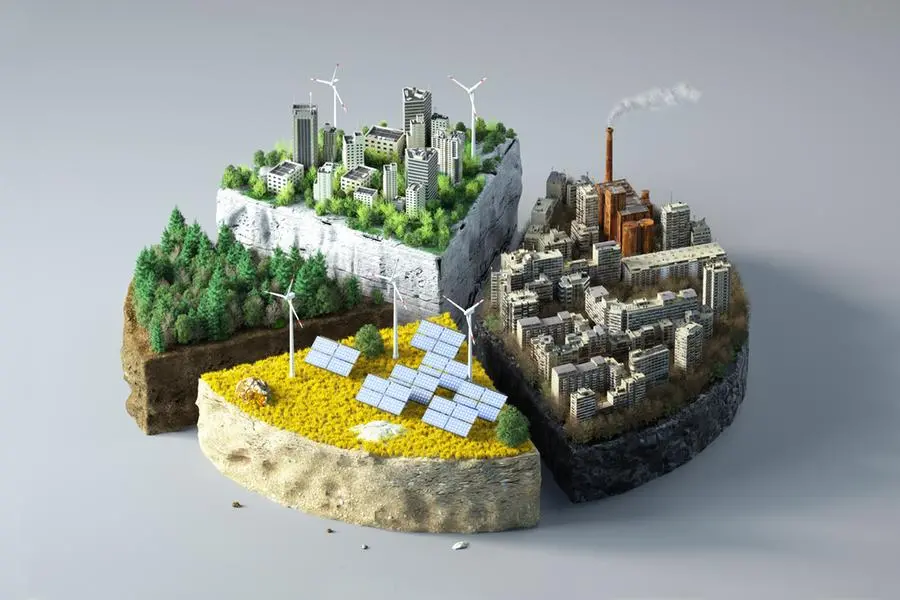PHOTO
Qatar Shell Research and Technology Centre (QSRTC), in collaboration with Texas A&M University at Qatar (TAMUQ), Qatar University (QU) and the Ministry of Municipality (MoM), celebrated the conclusion of a ground-breaking research project supported by QNRF to repurpose industrial waste generated at the Pearl gas-to-liquids plant (Pearl GTL) in Ras Laffan.
The multi-year research project has achieved a breakthrough in converting biosludge, an organic-rich by-product of the Pearl GTL process, into a valuable soil enhancer for non-edible agricultural crops in Qatar. Historically consigned to landfills, this biosludge can now serve a sustainable purpose, marking a significant milestone in environmental stewardship.
Foteini Nikolopoulou, vice-president HSSE Qatar and Pearl GTL Operations - Shell, highlighted the project’s importance, stating: “The biosludge generated at Pearl GTL is rich in organic matter. By diverting it from landfills and exploring its potential as a soil enhancer, the project is making a positive contribution to our sustainability goals in Qatar. This collaboration has been successfully applied by working together with our key stakeholders, who are experts in the field.”
Hamad Al Shemari, director of the Agricultural Research Department at the Ministry of Municipality, emphasised Qatar’s commitment to advancing agricultural research aimed at repurposing waste.
Highlighting Qatar’s global leadership in LNG production, he also stressed the nation’s endeavour to explore sustainable methods for utilising waste from its industrial sector, making a substantial contribution to the preservation of the local environment.
Shemari expressed pleasure in collaborating with esteemed partners on this impactful project.
The biosludge used in this study originates from industrial process water. Scientists ensure its safety for non-edible agricultural use by eliminating pathogens commonly found in municipal biosludge.
A pivotal aspect of the project involves assessing the viability of using biosludge for cultivating cash crops like cotton. This is particularly significant for Qatar, given its infertile land and its rank as the world’s second-largest consumer of fertiliser per hectare of agricultural land.
Dr Sabah Solim, Research Programme Lead at Shell, emphasised the long-term goal of this type of work.
“As we celebrate the successful conclusion of this transformative project, Qatar Shell, alongside its partners, remains dedicated to fostering innovation and sustainable practices. This collaborative endeavour exemplifies a commitment to driving positive change and aligns with Qatar’s vision for a more sustainable future,” Dr Solim said.
© Copyright Qatar Tribune. All Rights Reserved. Provided by SyndiGate Media Inc. (Syndigate.info).





















